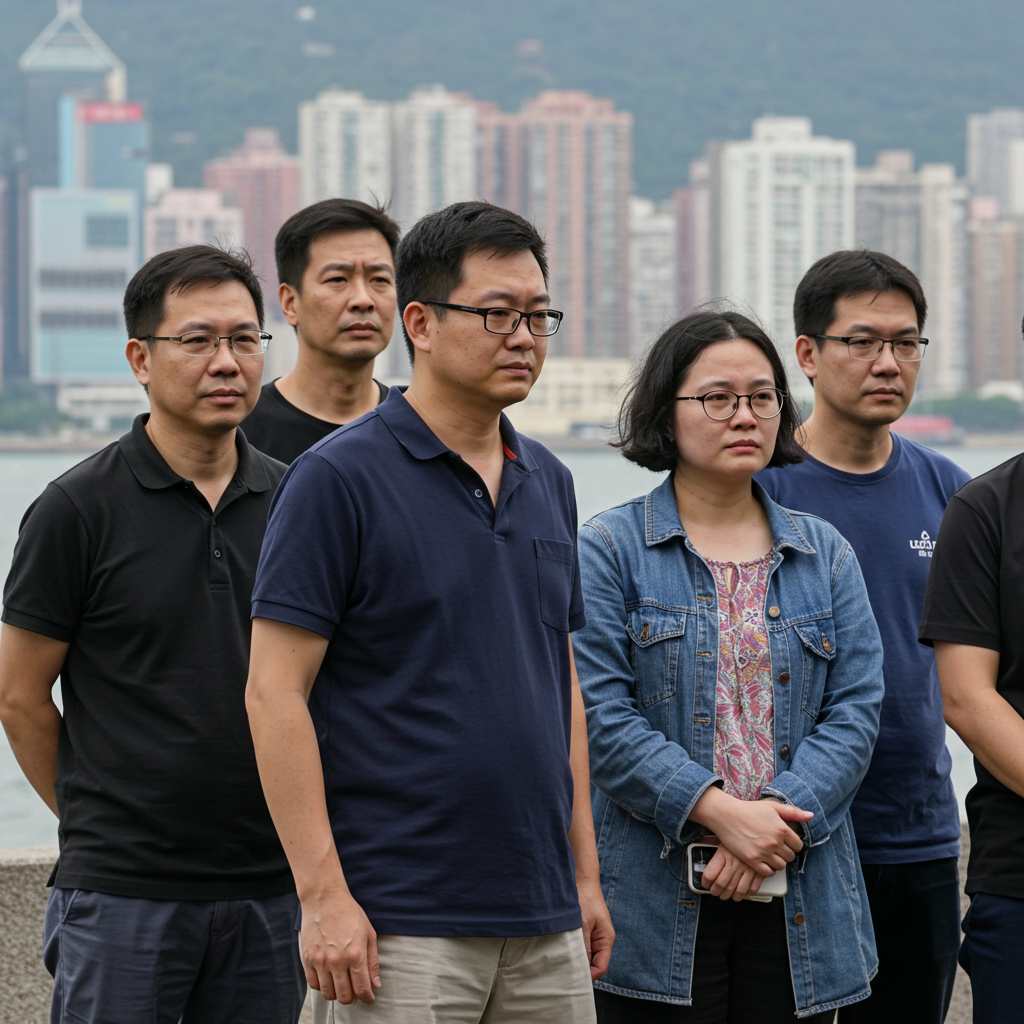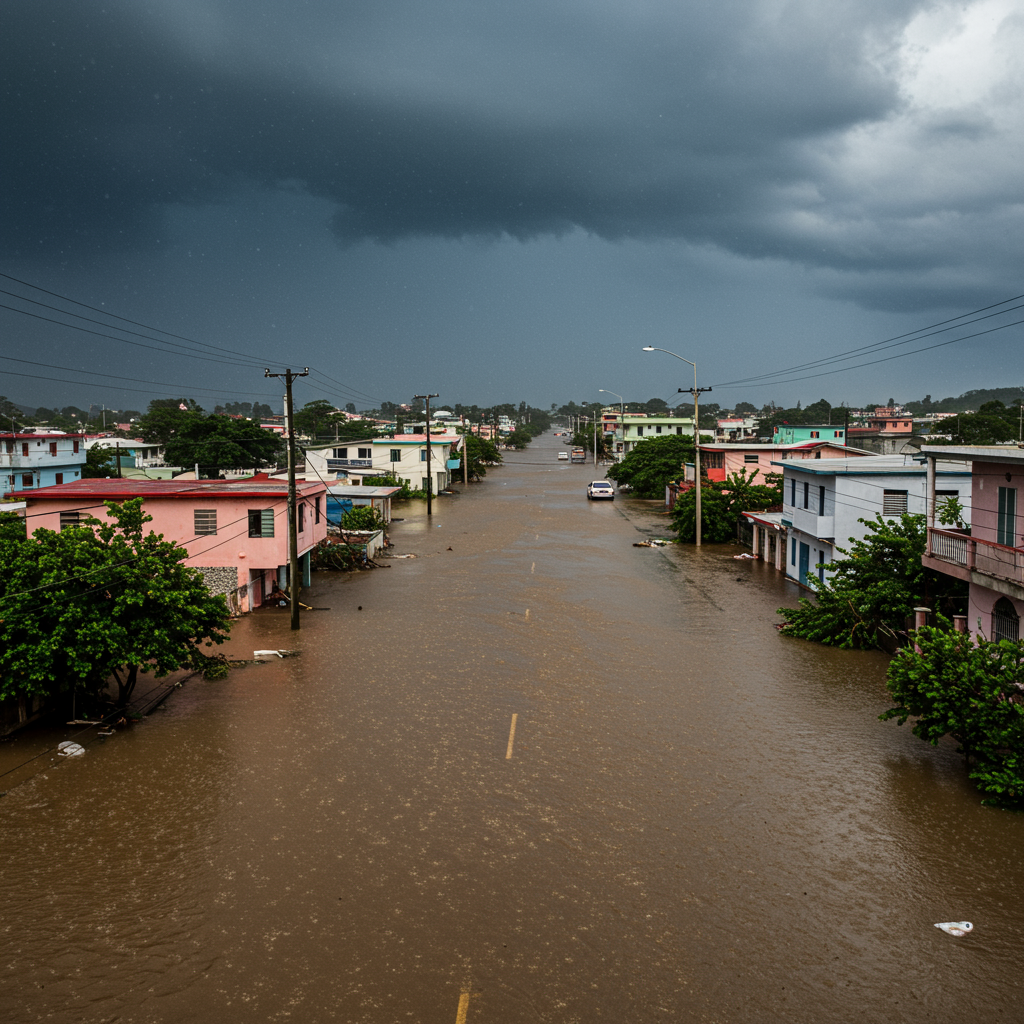Hong Kong’s political landscape shifted dramatically as the city’s final active pro-democracy political party, the League of Social Democrats (LSD), announced its dissolution. Citing overwhelming political pressure and safety concerns for its members, the group stated it could no longer operate effectively under the weight of stringent national security measures. This decision follows years of escalating restrictions that have profoundly reshaped the city’s civil society and opposition movement. The disbandment leaves Hong Kong without a formal pro-democracy party presence, marking a significant turning point in its post-handover history.
End of an Era: Disbandment Amid Mounting Pressure
On Sunday, June 29, the League of Social Democrats confirmed its decision to cease operations. The announcement came during a press conference where party chair Chan Po-ying articulated the difficult choice. She explained that after careful consideration of the safety and well-being of their members, the group felt “left with no choice” but to dissolve. This step was necessitated by what she described as “immense political pressure” experienced over recent years, particularly intensified by the ongoing security crackdown.
The LSD is now the third major opposition party in Hong Kong to disband within the past two years. This trend underscores the shrinking space for political dissent and organized opposition under the current legal framework. The party reflected on its nearly two-decade history, acknowledging internal challenges and the external environment that has seen a rapid erosion of freedoms and the emergence of pervasive “red lines” limiting political activity. The path forward, they concluded, had simply “narrowed beyond passage.”
Citing Years of Crackdown and Constraint
The pressures cited by the LSD leadership are deeply rooted in the five-year-long national security crackdown. The party explicitly mentioned several key factors contributing to its decision. These include the “near-total imprisonment” of its leadership, the broader “erosion of civil society,” the silencing of “grassroots voices,” and the “draconian suppression of dissent.” While Chan Po-ying did not detail the specific pressures leading to the immediate disbandment, the context provided paints a clear picture of the challenges faced by opposition groups.
The environment for activism fundamentally changed following the mass pro-democracy protests of 2019. In response, Beijing imposed a sweeping national security law on Hong Kong in 2020, criminalizing acts like subversion, secession, terrorism, and collusion with foreign forces. This law carries severe penalties, including potential life imprisonment. Further tightening the legal noose, Hong Kong enacted its own security legislation under Article 23 in 2024, adding crimes such as treason and sedition to the statutes.
These laws have fundamentally altered the risk calculation for engaging in political activities, including public gatherings and protests, which were once commonplace in Hong Kong. Organizing demonstrations or even participating in activities deemed critical of the government or Beijing now carries the threat of severe legal consequences.
The LSD’s History and Its Distinctive Approach
Founded in 2006 by figures like former lawmaker Leung Kwok-hung, the League of Social Democrats emerged as a more confrontational force within the pro-democracy camp. Known for its distinctive radical street tactics, the LSD actively pushed for full democracy and championed grassroots causes, including proposals like a universal pension scheme. Unlike some older, more moderate groups, the LSD was often willing to engage in direct action and symbolic protests that sometimes involved physical confrontations or throwing objects at officials to express discontent.
Despite its often provocative methods, the LSD aimed to uphold public participation and resist government-business collusion, focusing intently on the interests of the underprivileged. While never achieving the widespread popularity of larger parties like the Democratic Party, the LSD did secure three seats in the 2008 legislative election, marking its best electoral performance. Their tactics, while sometimes controversial, kept a form of visible, direct dissent alive in Hong Kong’s political arena for years.
Legal Challenges and Financial Woes
The pressures on the LSD were not merely abstract. The party and its members faced repeated direct consequences for their activism under the new security laws. Several prominent leaders, including co-founder Leung Kwok-hung and former party leader Jimmy Sham, were among the dozens arrested and later convicted in the landmark “47 Democrats” case, which centered on charges of subversion related to an unofficial primary election. Leung is currently serving a lengthy prison sentence, while Sham was recently released in May.
Beyond the imprisonment of key figures, the party also encountered significant operational hurdles. For example, LSD members were fined shortly before the disbandment announcement for setting up a street booth without official permission. Furthermore, the party faced severe financial constraints, with reports indicating that several of its bank accounts were shut down in 2023. This loss of access to funds left the organization without the necessary resources to continue its activities, compounding the political pressures.
The Broader Context of Declining Freedoms
The dissolution of the LSD must be viewed within the wider context of diminishing freedoms in Hong Kong. Since the imposition of the national security law in 2020 and the subsequent Article 23 legislation in 2024, numerous civil society groups, media outlets, and political organizations have disbanded or ceased operations. This includes the Democratic Party, formerly the city’s largest and most popular opposition group, which announced its own disbandment earlier this year, reportedly after senior members received warnings from Beijing about potential consequences.
Traditional forms of public assembly and protest, such as the large annual July 1 rallies commemorating the handover, have effectively ceased. Organizers have dissolved, and many leading activists are now incarcerated. Critics, particularly in Western countries like the U.S. and Britain, argue that these developments represent a clear departure from the freedoms and high degree of autonomy Beijing had pledged to maintain under the “one country, two systems” framework established in 1997.
However, the governments in Hong Kong and Beijing maintain a different perspective. They assert that the national security laws were essential for restoring stability to the city after the 2019 protests, which they characterize as undermining order and security. China’s top official on Hong Kong affairs, Xia Baolong, has recently reiterated the need for continued vigilance in national security work, arguing that “anti-China and Hong Kong chaos elements are still ruthless and are renewing various forms of soft resistance.” From this official viewpoint, public protests are not necessarily the sole or preferred avenue for citizens to express their views.
Looking Ahead: A Narrowed Path
The disbandment of the League of Social Democrats signifies more than just the end of one political group; it represents the effective closure of organized, formal street-level pro-democracy political party activity in Hong Kong. The group was one of the last to attempt small public protests in the face of escalating risks. Their decision reflects the harsh reality faced by those attempting to maintain political opposition within the tightened legal and political environment.
Despite the challenging circumstances and the party’s dissolution, former members expressed a hope that the spirit of advocacy for justice and support for vulnerable individuals would continue among the people of Hong Kong. As Figo Chan stated, there is a hope that the public will persist in speaking out against injustice, even as the organized political space has significantly contracted. The terrain ahead for any form of dissent is undoubtedly more treacherous, requiring immense courage and caution from those who wish to speak truth to power in the city.
Frequently Asked Questions
Why did Hong Kong’s League of Social Democrats (LSD) disband?
The League of Social Democrats announced its disbandment citing “immense political pressure” stemming from years of a national security crackdown. Key reasons included the imprisonment of many leaders, the erosion of civil society, and the inability to continue operating safely due to pervasive legal restrictions and pressures, including financial issues like bank account closures.
What is the significance of the LSD’s disbandment for Hong Kong’s political landscape?
The disbandment of the LSD is highly significant as it marks the dissolution of Hong Kong’s last active formal pro-democracy political party known for organizing street protests. It signals a severe contraction of the space for organized political opposition and civil society groups, effectively ending formal party-led pro-democracy activities under the current security laws.
How have security laws changed the environment for pro-democracy activism in Hong Kong?
The national security law imposed in 2020 and the subsequent Article 23 legislation enacted in 2024 have fundamentally changed the environment. These laws criminalize various forms of dissent and protest, leading to the arrest and imprisonment of numerous activists and politicians. The threat of severe legal penalties has resulted in the disbandment of many groups, the cessation of mass protests, and a climate where overt pro-democracy activism by organized parties is no longer deemed viable or safe.



